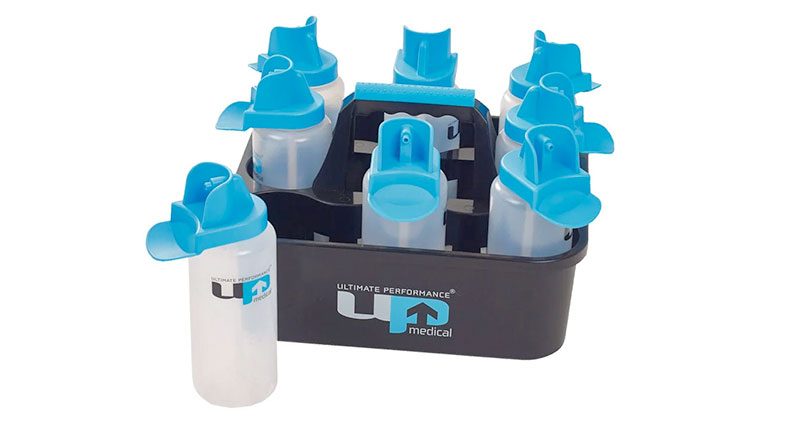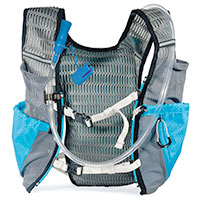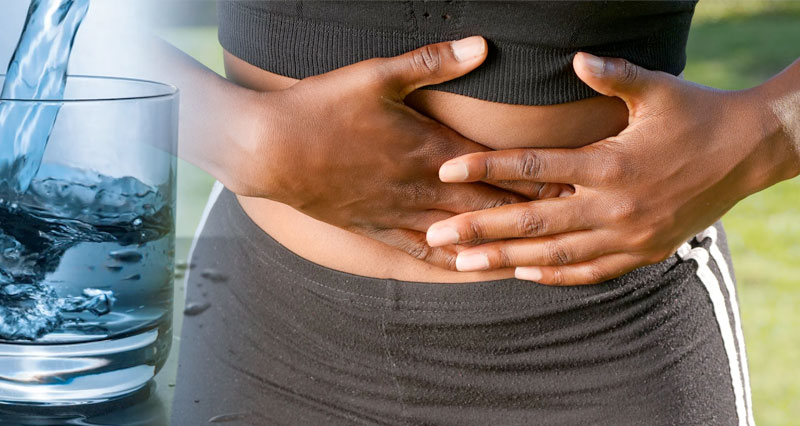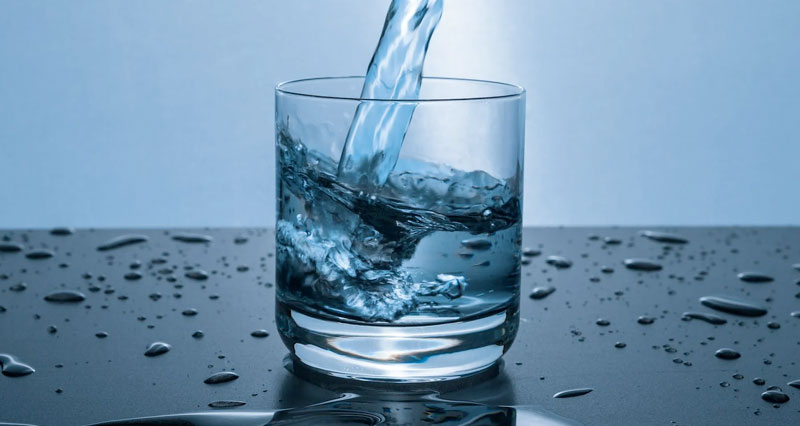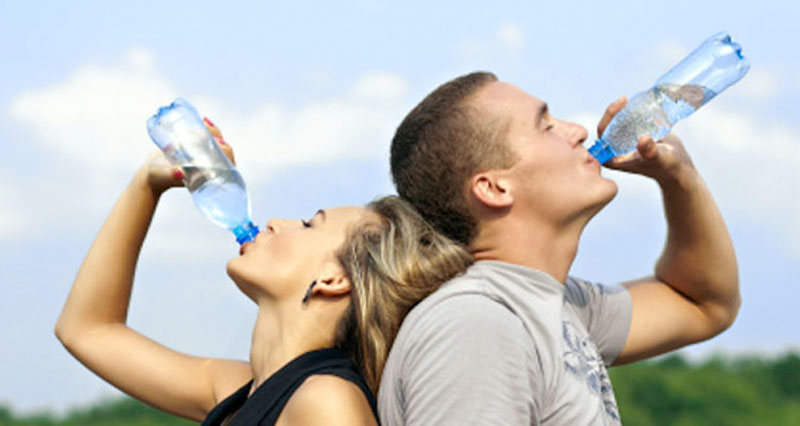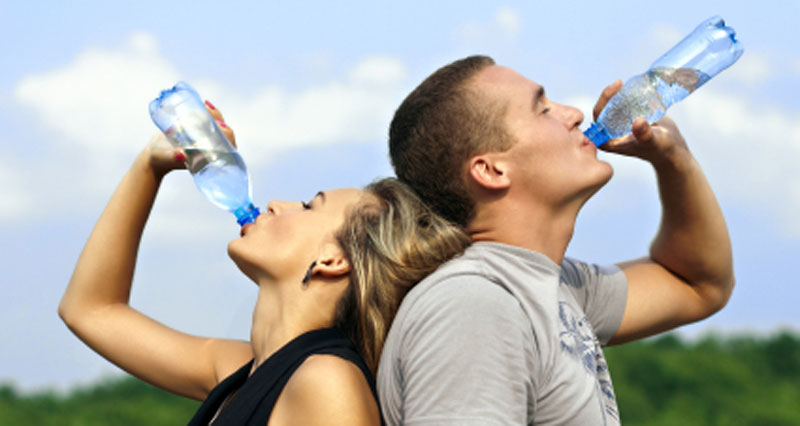BPA free plastic is a type of plastic found in some sports drinking bottles and hydration packs. BPA is bisphenol A, a synthetic chemical used in the production of certain types of plastics. A variety of consumer products, including water bottles, food storage containers, the linings of canned goods contain PBA.
Why is BPA used in plastics?
Plastics made with BPA are rigid and clear. This is why reusable water bottles and food containers often use them. The protective lining of metal cans often uses epoxy resins made with BPA to prevent corrosion and contamination. Avoiding dehydration in sport is essential and the use of reusable plastic water bottles is increasingly popular as more and more protect the planet.
Is BPA in plastic bad for me?
Yes, too much eastrogen is bad for sports performance and there has been concern about the potential health effects of BPA exposure from drinks bottles. Some studies suggest that BPA may have hormone-like properties and mimic estrogen in the body. Estrogens are hormones important for normal sexual and reproductive development in women.
High estrogen levels decrease power and performance making women more prone for catastrophic ligament injury. In men it also causes weight gain, decrease in libido or sexual drive, erectile dysfunction, enlargement of the breast tissue, depression, loss of energy or feeling tired and decrease in muscle mass. The opposite of the male hormone testosterone.
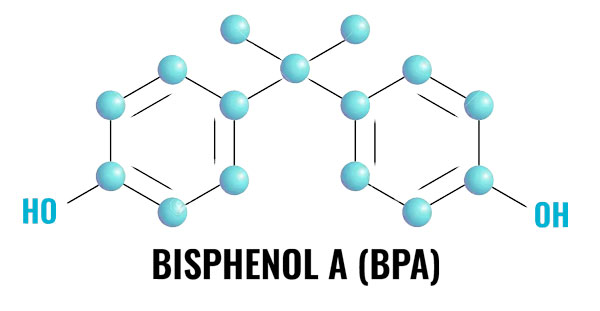
BPA free plastic hydration
In response to these concerns, many manufacturers and consumers have shifted towards BPA-free alternatives. Instead, they use alternative materials or manufacturing processes.
It’s important to note that the potential health risks associated with BPA are still a topic of scientific debate and ongoing research. Some regulatory agencies, such as the U.S. Food and Drug Administration (FDA) and the European Food Safety Authority (EFSA), have determined that current levels of BPA exposure through food packaging and containers are unlikely to pose a significant health risk to the general population.
However, other studies suggest potential links between BPA exposure and various health concerns, including reproductive issues, developmental effects, and certain cancers.
How do I reduce exposure to BPA plastic?
To reduce potential exposure to BPA, choose products labeled as BPA-free. Or go for alternatives like glass or stainless steel containers. If a hydration pack or water bottle does not clearly state BPA free plastic then stear clear of it. Why take the risk when your health, or performance is at risk. Often you get what you pay for!
Also, do not use of plastic containers to store hot liquids or microwave food in plastic containers. This helps minimize potential BPA leaching from the platic.
External links:
All Ultimate Performance Hydration Packs and Water Bottles are made from BPA free plastic.
